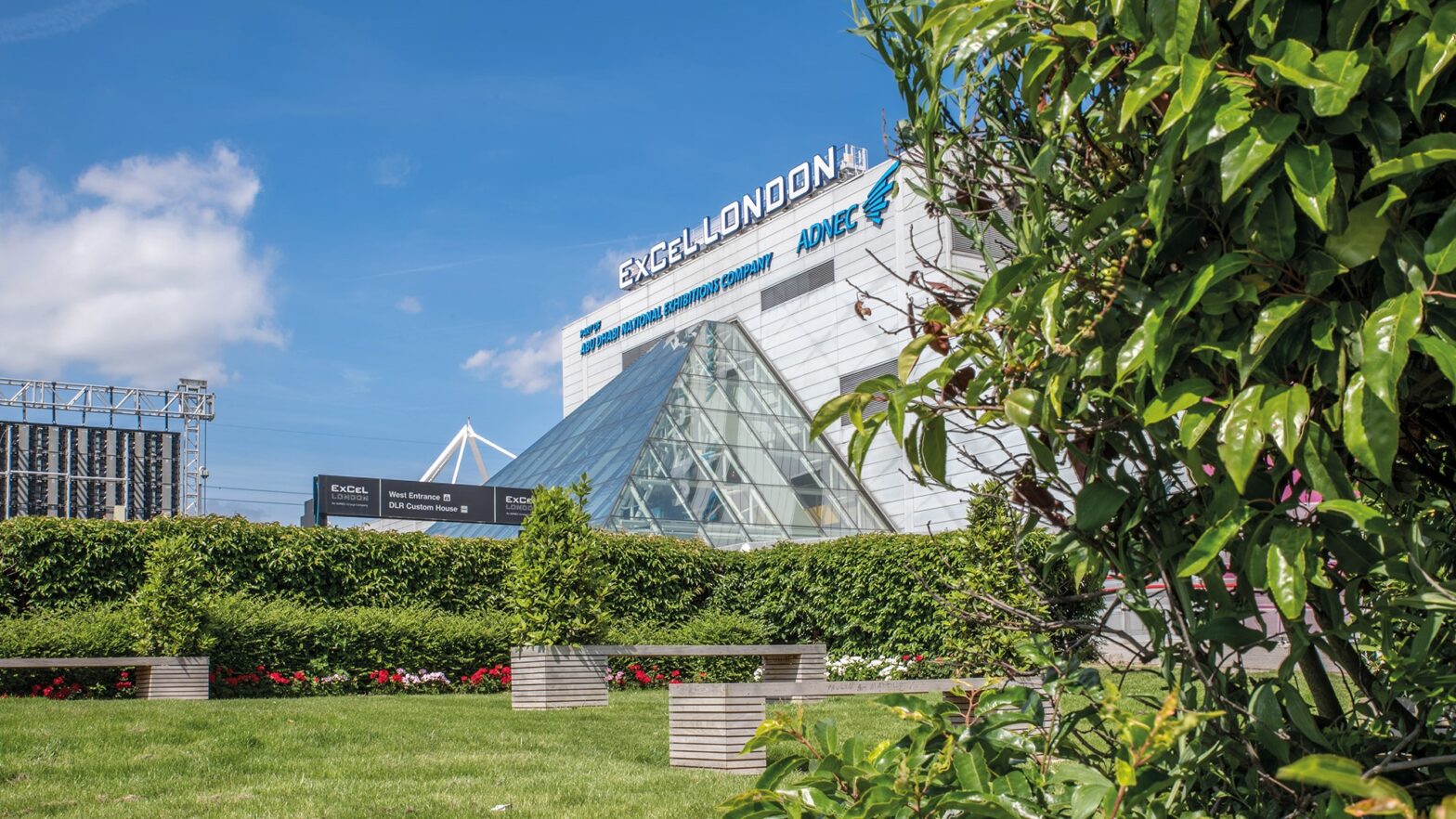The world of face-to-face events is thankfully making a welcome return but booking a conference or meeting venue can feel a little daunting, especially if you’re new to it. In London alone there are hundreds of potential conference venues of all shapes, sizes and styles and that’s just in the capital. The type of venue you choose not only says a lot about your company, but it can also make or break an event.
#1 – Conference accessibility
It goes without saying but there’s little point hosting an event if everyone will struggle to travel to it, be it domestic or international visitors. Strong public transport links are essential to ensure your guests’ experience gets off to the best possible start.
Check if your chosen location is well connected with good train, underground, road and air options.
If you’re planning a multi-day event, then accommodation and restaurant options will need to be factored in.
It’s also worth checking if your venue can offer discounted travel or hotel prices as part of its commercial offer, and be sure to consider the distance between the hotel(s) and the location of your meeting venue.
>See also: Top things to consider when organising networking events
#2 – Expertise and reputation
How many of us have poured over restaurant or Airbnb reviews before making a final decision? Well, the same can be said for venues. There are many choices for meeting spaces in the UK, from hotels to historical buildings, quirky spaces and, of course, purpose-built conference venues. Yet whatever your preference, be sure to check the venue has a good and consistent track record of delivering your type of event. As well as positive reviews and testimonials, things to look out for would be specific packages tailored to what you’re after as well as dedicated areas on their website which showcase options clearly, together with case studies.
#3 – Technology
Whether your meeting is hybrid (i.e. a mixture of in-person and virtual attendees) or if you are presenting or training using a specific software, ensuring the venue has a reliable Wi-Fi or hard wire network is key.
Ask the venue to provide you with its internet capabilities and speeds and check what is included in the price. If you have a more technical requirement, enquire if the venue have a dedicated IT team that can support you in the planning and execution of your event.
Finally, consider what audio-visual equipment you may need. Does the venue have a screen and projector or the ability to stream your content on a fixed screen in the room? If the room does not include AV, or you need to enhance the standard kit, the venue should be able to source this for you from their preferred suppliers.
>See also: Why an industry event calendar is important for your PR strategy
#4 – Environment
You might not think it but almost as important as the venue itself is its surrounding spaces. Your delegates are not going to spend eight hours solid in the same room so it’s important to know what outside areas there are for fresh-air breaks, as well as having plenty of natural daylight. It’s really important your guests enjoy a healthy and energising meeting experience so look for venues that can provide these key features to maximise productivity and motivation.
#5 – Conference packages
Like smartphone deals, these can be a minefield but it’s best to look out for “day delegate rate packages”, commonly known as “DDR packages”. These are events priced on a per-person basis and can be a more efficient and cost-effective way of buying your meeting space, catering and technology requirements in one easy bundle.
Ask your venue to detail the inclusions and, importantly, the exclusions of the DDR so you can avoid any surprises on the day.
If you’re working to a specific budget, just be honest and share this detail with the venue team. They will be able to build you a package that suits your needs rather that coming up under or over on costs.
#6 – Sustainability
Conscious choices are just as important in our business lives as they are in our personal lives. Ask your venue what its sustainability credentials are and how it is ensuring your meeting is delivered to this standard. Some of the areas to consider include: if they encourage visitors to use public transport or use varied menu choices that include local, seasonal and Fairtrade produce. What sort of food packaging do they use and what about their single use plastic policy and recycling schemes? You might also want to go further and see if they support their local community.
#7 – Flexibility
Finally, it’s crucial to find out just how flexible your potential conference venue is. This could be in dealing with last-minute emergencies or just being able to accommodate more (or less) space should your event parameters unexpectedly change. Every event, no matter how much planning is done, will encounter last minute changes and requirements so having a venue that works with, and not against you, is paramount.
Aleksandra Lotocka is part of the conference & events team at ExCeL London, specialising in arranging smaller-scale meetings and conferences via its CentrEd facility




